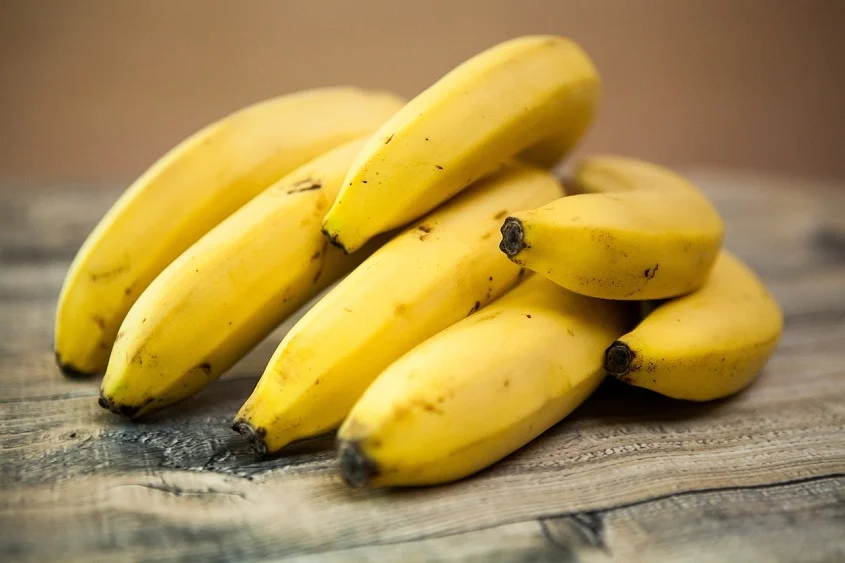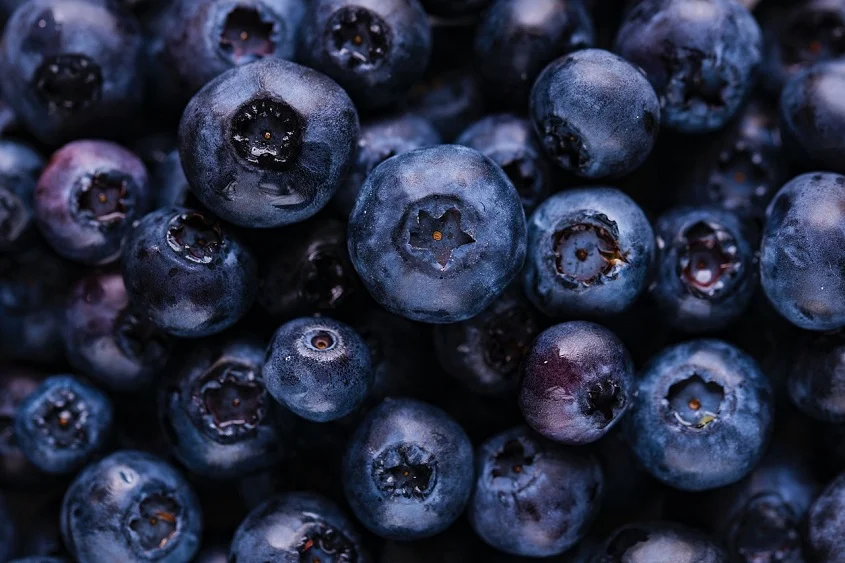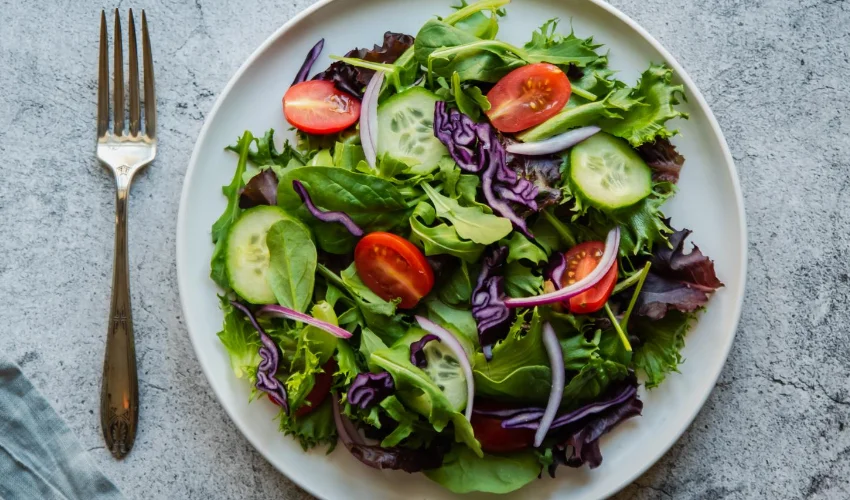In recent years, there has been a growing interest in the relationship between bananas and nutrition. This article aims to provide a comprehensive analysis of whether bananas can be considered a suitable choice for various dietary needs. We will explore the nutritional profile of bananas, their impact on blood sugar levels, potential health benefits, portion control, risks, practical tips, and delicious recipes to help you make informed choices when it comes to incorporating bananas into your diet.
Before delving into the specifics, let’s start by understanding the nutritional composition of this popular fruit. Bananas are known for being a good source of:
- Calories: An average-sized banana provides approximately 105 calories.
- Carbohydrates: Bananas are primarily composed of carbohydrates, with approximately 27 grams per medium-sized fruit.
- Fiber: They are rich in dietary fiber, providing about 3 grams per banana.
- Vitamins and Minerals: Bananas contain essential vitamins and minerals, including vitamin C, vitamin B6, and potassium.
The Role of Diet in Diabetes Management
Diet plays a crucial role in managing diabetes, regardless of whether it’s Type 1 or Type 2. Proper nutrition can help stabilize blood sugar levels and reduce the risk of complications. Key dietary considerations for diabetes management include:
- Monitoring carbohydrate intake.
- Opting for foods with a low glycemic index (GI).
- Incorporating fiber-rich foods.
- Balancing meals with the right mix of macronutrients (carbohydrates, protein, and fats).
- Portion control.
Glycemic Index (GI) and Glycemic Load (GL) of Bananas
The glycemic index (GI) is a measure of how quickly a carbohydrate-containing food raises blood sugar levels. Foods with a high GI cause rapid spikes in blood sugar, while those with a low GI lead to more gradual increases.
- Bananas have a moderate GI, typically ranging from 42 to 62, depending on ripeness.
- The glycemic load (GL), which considers both the GI and the portion size, is relatively low for most bananas.
Bananas and Blood Sugar: Impact of Bananas on Blood Sugar Levels
Bananas are often questioned in the context of diabetes due to their carbohydrate content. Carbohydrates are known to influence blood sugar levels, so it’s important to understand how bananas affect this aspect of diabetes management.
- When consumed, bananas can cause a gradual increase in blood sugar levels, thanks in part to their fiber content.
- This gradual rise in blood sugar is generally considered favorable for diabetes management, as it avoids sharp spikes and crashes.
Comparing Bananas to Other Fruits
To provide a broader perspective, it’s essential to compare bananas to other fruits in terms of their impact on blood sugar levels. This can help individuals with diabetes make informed choices about their fruit consumption.
- While bananas have a moderate GI, they often fare better than high-GI fruits like watermelon or pineapple.
- When eaten in moderation, bananas can be part of a balanced diabetic diet.
Benefits of Bananas for Diabetics
Bananas offer several potential health benefits for individuals with diabetes:
- Fiber: The fiber in bananas can help regulate blood sugar levels by slowing down the absorption of carbohydrates.
- Nutrient-Rich: Bananas provide essential vitamins and minerals, contributing to overall well-being.
- Satiety: The fiber and natural sugars in bananas can help curb cravings and promote satiety.
Portion Control and Moderation
One crucial aspect of including bananas in a diabetes-friendly diet is practicing portion control. While bananas can be beneficial, consuming them in excess can lead to unwanted spikes in blood sugar. To incorporate bananas into a diabetes-friendly diet, consider the following guidelines.
Choosing ripe but not overly ripe bananas is a good start. Opt for smaller portions, such as half a medium banana, to manage carbohydrate intake effectively. Additionally, pairing bananas with protein or healthy fats can help balance their effects on blood sugar.
Strategies for Balancing Banana Consumption
Balancing banana consumption with other foods is essential for maintaining stable blood sugar levels. Consider the following strategies:
- Combine bananas with Greek yogurt or nut butter for added protein and healthy fats.
- Include bananas as part of a well-rounded meal or snack.
Risks and Considerations
While bananas offer many benefits, there are potential risks associated with excessive consumption, especially for individuals with diabetes. Overeating bananas can lead to a significant carbohydrate intake, potentially causing spikes in blood sugar. Some individuals may be more sensitive to the carbohydrate content of bananas and should exercise caution.
Individualized Dietary Choices
It’s important to emphasize that dietary choices should be individualized. What works for one person with diabetes may not be suitable for another. Consulting with a healthcare provider or registered dietitian can help tailor dietary recommendations to specific needs.
Allergic Reactions and Adverse Effects
In rare cases, individuals may experience allergic reactions to bananas, which can range from mild to severe. These reactions should be taken seriously, and medical attention sought if necessary.
Practical Tips and Recipes
Incorporating bananas into a diabetes-friendly diet can be enjoyable and nutritious with these practical tips:
– Add banana slices to oatmeal or whole-grain cereal for natural sweetness.
– Use ripe bananas as a natural sweetener in smoothies and baking.
– Freeze ripe bananas for a refreshing and healthy frozen treat.
Diabetes-Friendly Banana Recipes
Here are some diabetes-friendly banana recipes to inspire your culinary creativity:
- Banana and Peanut Butter Smoothie: Blend a ripe banana with unsweetened almond milk and a tablespoon of natural peanut butter for a creamy and satisfying beverage.
- Banana Oatmeal Muffins: Prepare muffins using mashed bananas, oats, and a small amount of honey for sweetness.




